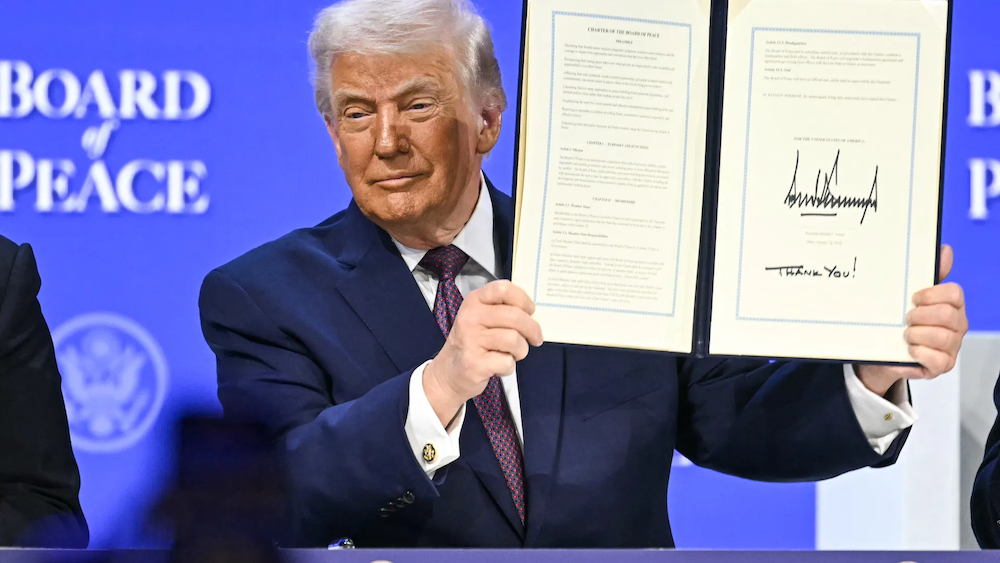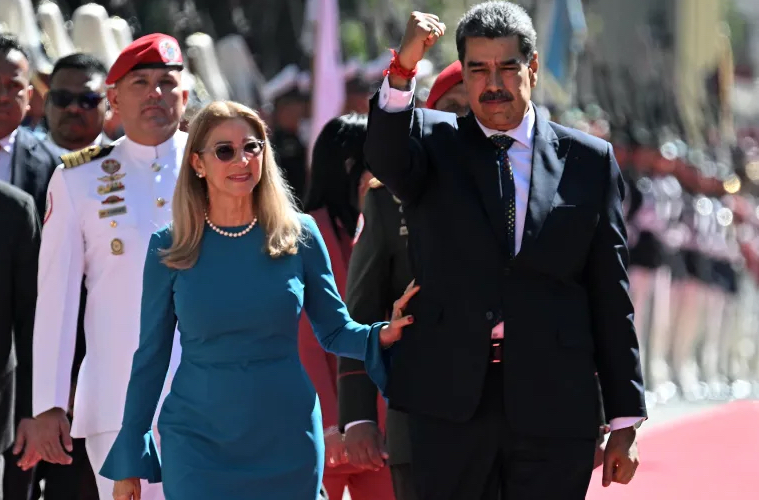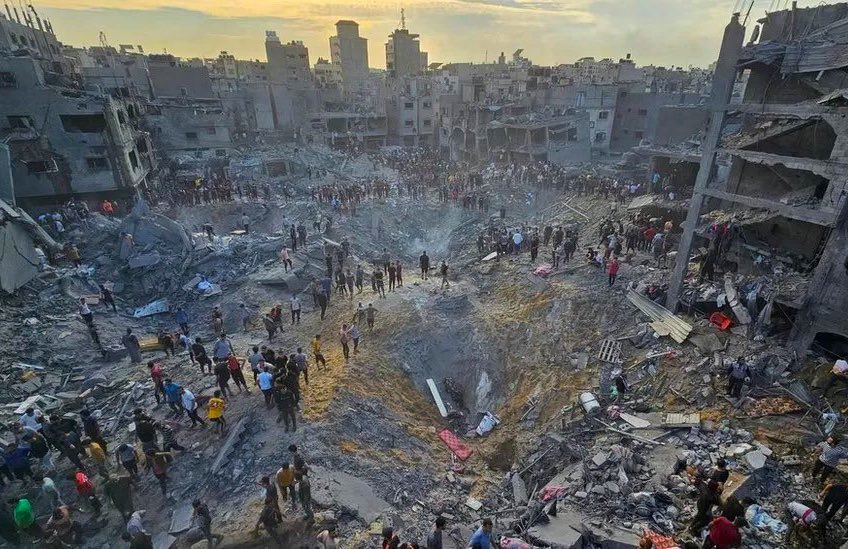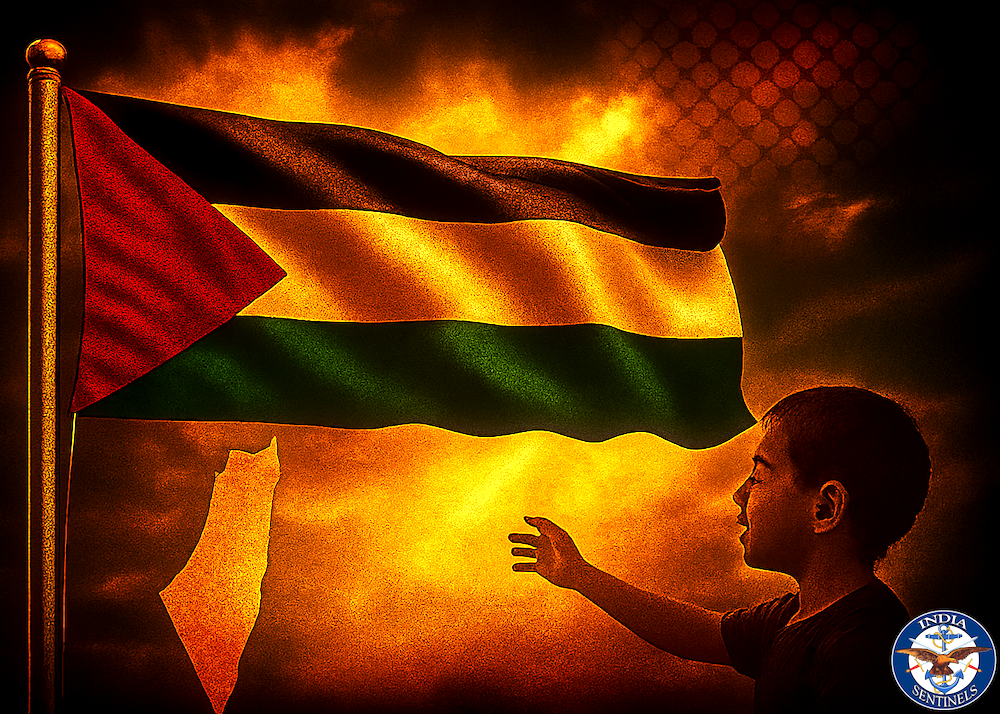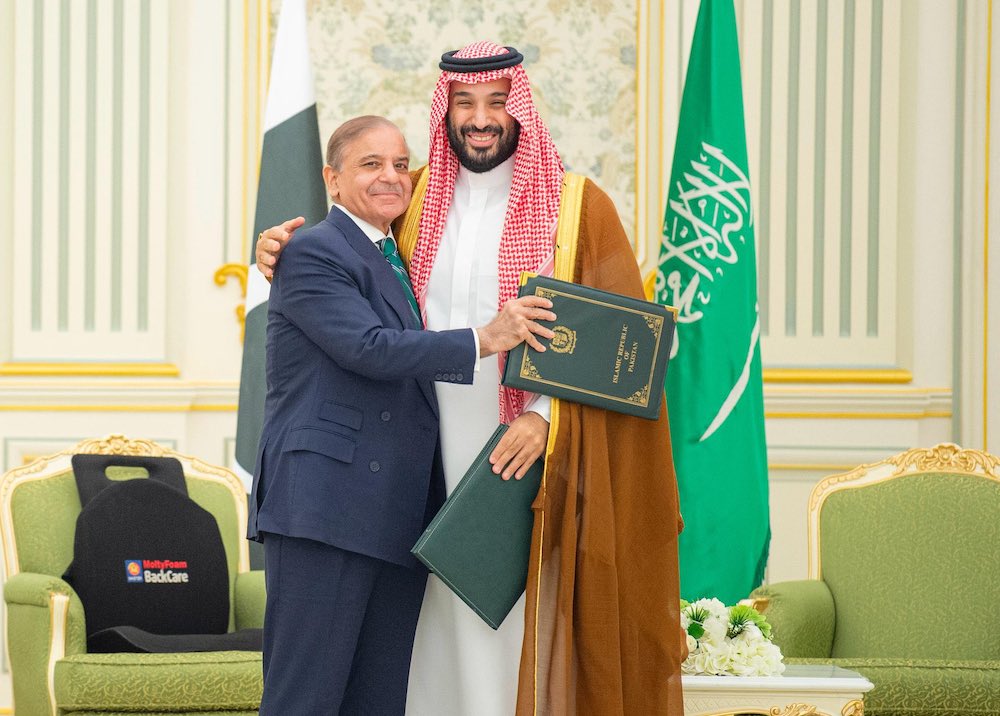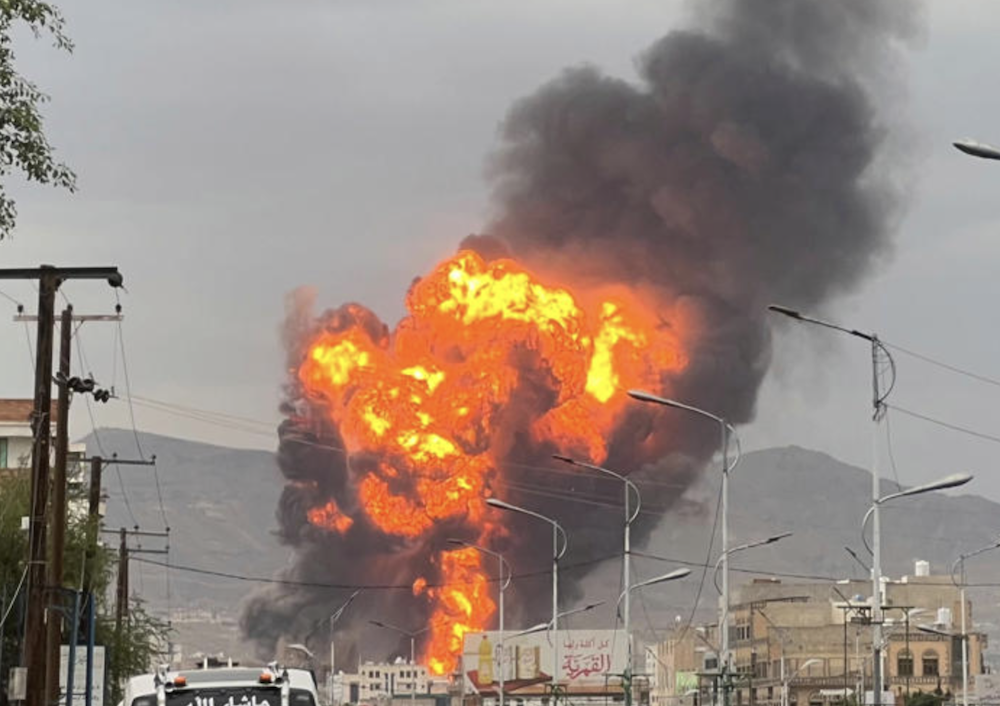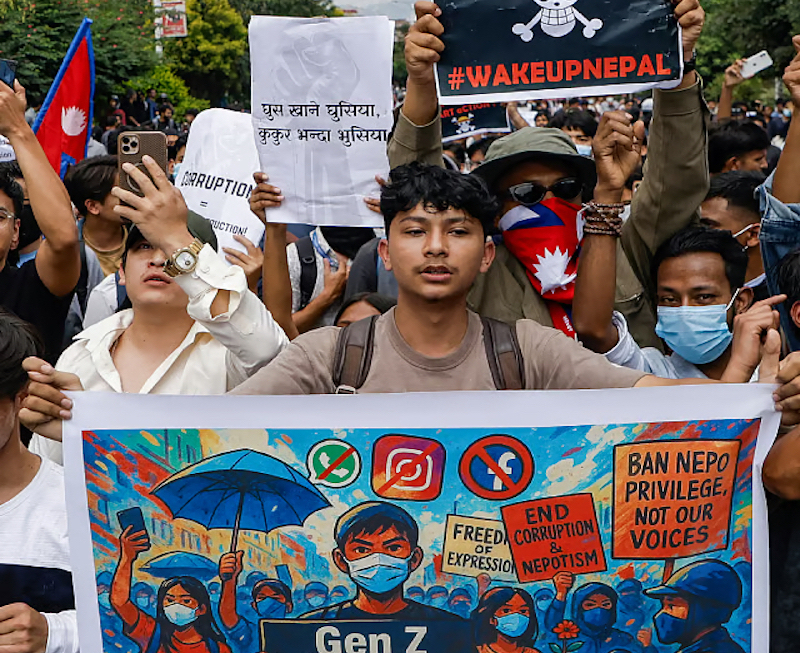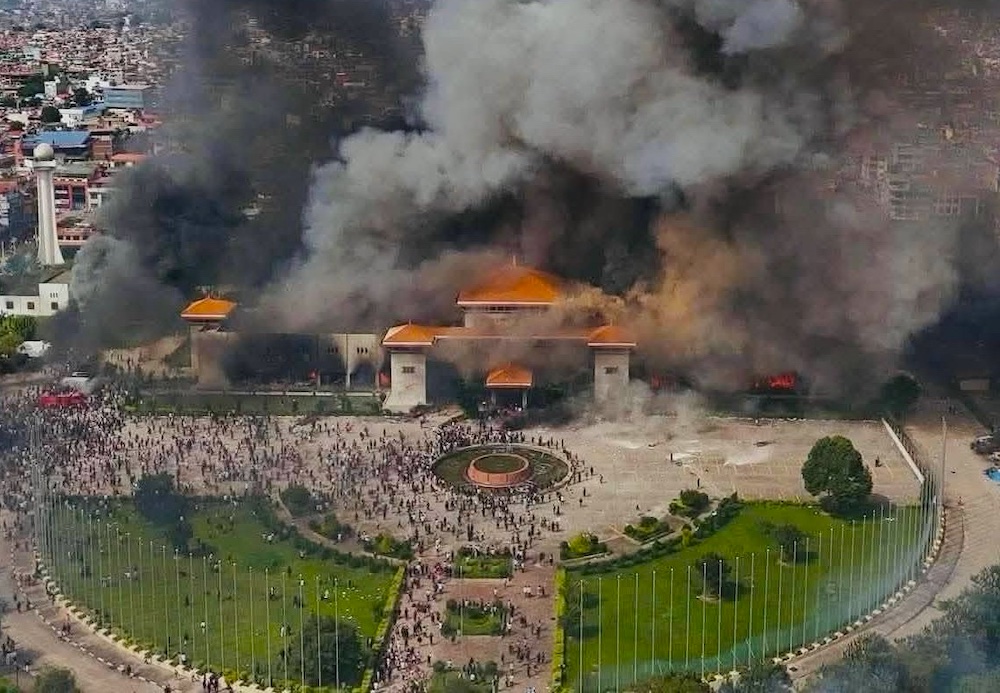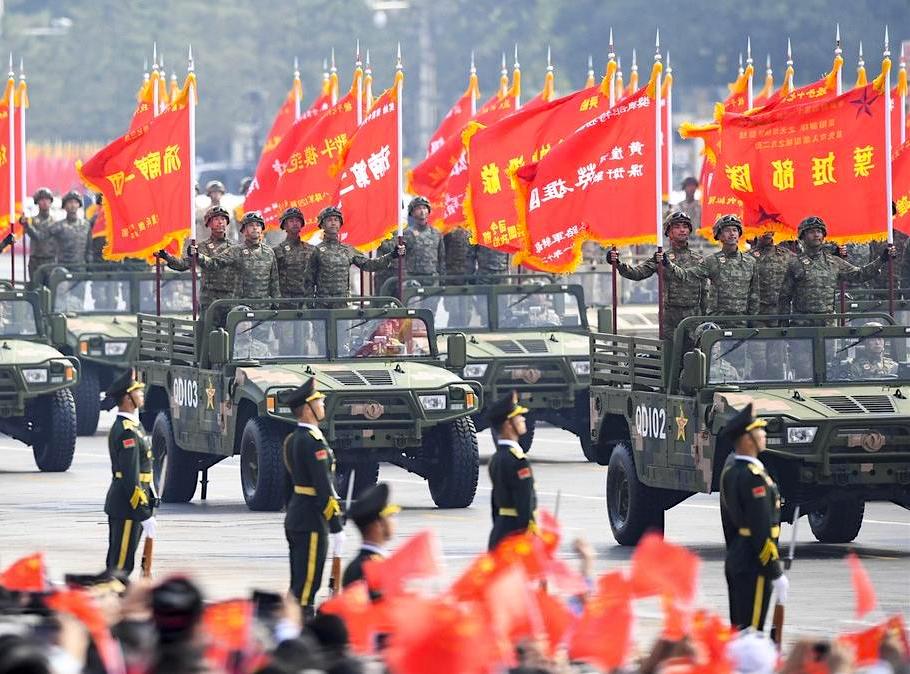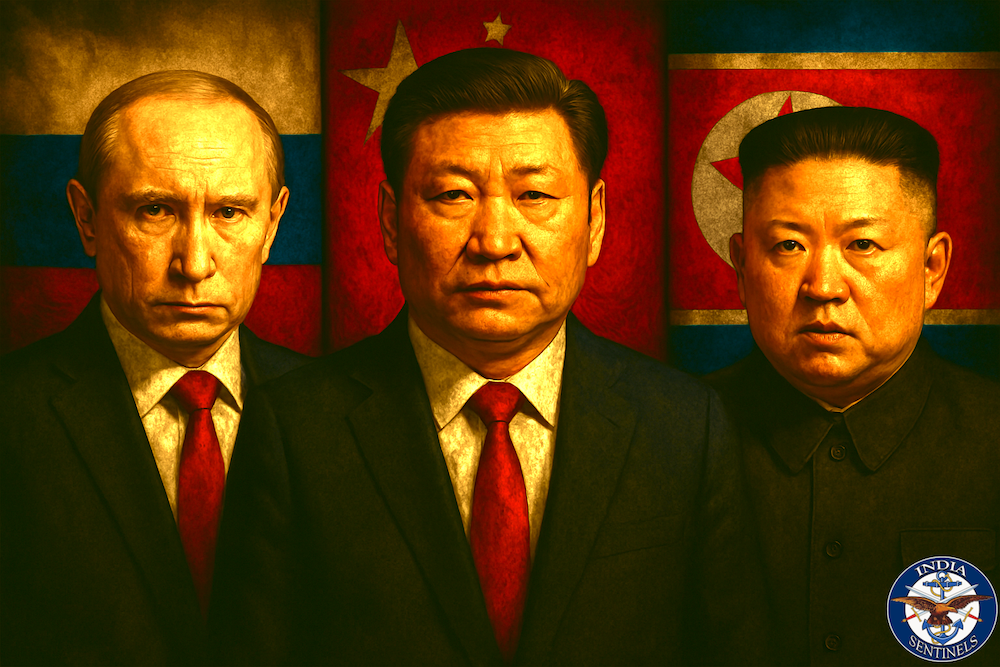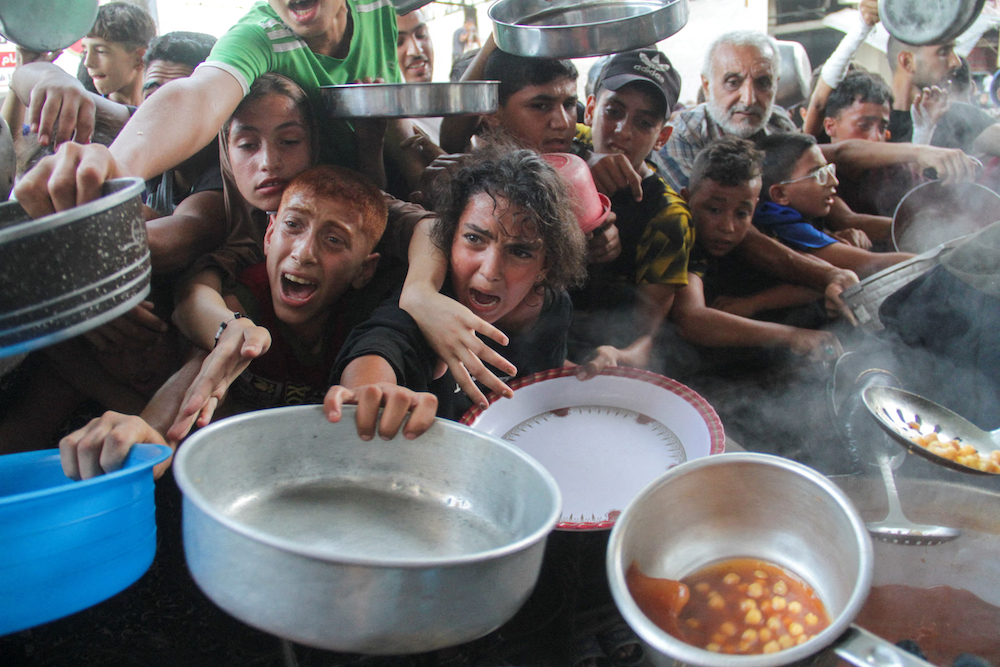 The UN has warned that Gaza is now the hungriest place on earth with widespread famine killing Palestinians due to Israel’s blockade of food in the enclave. (Photo via X)
The UN has warned that Gaza is now the hungriest place on earth with widespread famine killing Palestinians due to Israel’s blockade of food in the enclave. (Photo via X)
New Delhi: In a significant development in the 22-month Gaza conflict, Hamas announced, on Monday, that it had accepted a comprehensive ceasefire proposal without requesting any modifications to the terms presented by Egyptian and Qatari mediators.
The announcement came through Basem Naim, a senior Hamas political bureau official, who confirmed the organization’s position in a Facebook post stating: “The movement has handed over its approval to the new proposal presented by the mediators.”
AFP reported that a Hamas source, speaking on condition of anonymity, told the news agency that the group “delivered its response to the mediators, confirming that Hamas and the factions agreed to the new ceasefire proposal without requesting any amendments.”
The acceptance followed intensive negotiations in Cairo, where Hamas representatives met with Egyptian officials and the prime minister of Qatar, Sheikh Mohammed bin Abdulrahman Al Thani. Palestinian sources familiar with the talks indicated that mediators were expected to announce that an agreement had been reached and set a date for resuming negotiations.
Framework preserves US proposal
The accepted proposal closely resembles a framework initially developed by US special envoy Steve Witkoff, with diplomatic sources indicating that Qatari and Egyptian mediators preserved 98% of the original terms.
The agreement encompasses a 60-day truce period, structured in two phases for hostage releases. During this time, Israeli forces would reposition to boundaries outlined in the Witkoff proposal, allowing extensive humanitarian aid delivery to Gaza residents.
In the first phase, Hamas would release 10 living Israeli hostages along with the remains of additional captives. Of the 50 hostages currently held in Gaza, Israeli estimates suggest approximately 20 remain alive. In exchange, Israel would release between 140 to 200 Palestinian prisoners serving lengthy sentences.
The agreement includes immediate entry of urgent humanitarian aid into Gaza, encompassing fuel, water, electricity, and medical supplies. The proposal also calls for rehabilitation of hospitals and bakeries, provision of rescue equipment for debris removal, and aid distribution managed by the United Nations and its agencies, along with the Red Crescent and international organizations.
Discussions on a comprehensive agreement or permanent ceasefire would commence immediately once the truce takes effect, with the proposal envisioning “serious negotiations” during the ceasefire period to reach a final agreement that would end the war permanently.
Israeli response remains guarded
Israel has received Hamas’s response through mediators but has not issued a formal reply. The prime minister, Benjamin Netanyahu, appeared dismissive of the development, stating in a video message that the reports suggest “Hamas is under immense pressure” due to Israel’s military plans.
Netanyahu emphasized that Israel had discussed plans to “conquer” Gaza City and complete Israel Defense Forces missions in the enclave. His government has indicated it would only agree to a comprehensive deal that includes the simultaneous release of all hostages, Hamas’s disarmament, and the group’s removal from governance in Gaza.
The Israeli defence minister, Israel Katz, suggested that Hamas’s willingness to negotiate stemmed from fear of Israel’s planned Gaza City offensive.
The development comes amid ongoing diplomatic pressure from the US president, Donald Trump, who has repeatedly called for a ceasefire deal and has stated that Israel agreed to a 60-day framework in July. However, Trump issued a stark statement on Truth Social declaring: “We will only see the return of the remaining hostages when Hamas is confronted and destroyed!!! The sooner this takes place, the better the chances of success will be.”
World calls for restraint
The international community has largely supported ceasefire efforts while expressing concern about Israel’s planned expansion of military operations in Gaza. The UN secretary general, António Guterres, described Israel’s Gaza City offensive plans as “a dangerous escalation” that could “deepen the already catastrophic consequences” for millions of Palestinians.
European leaders, including the UK prime minister, Keir Starmer, criticized the planned offensive as “wrong” and likely to “only bring more bloodshed”. The German chancellor, Friedrich Merz, announced a suspension of military equipment exports to Israel that could be used in Gaza, citing uncertainty about how the military approach would achieve peace objectives.
Growing domestic pressure in Israel
The Hamas announcement coincided with some of Israel’s largest protests since the war began. On Sunday, hundreds of thousands of Israelis participated in nationwide demonstrations demanding a ceasefire deal to secure hostage release. Organizers claimed participation reached up to one million people across the country.
Protesters blocked major highways, with dozens arrested as demonstrators called for the government to prioritise hostage return over continued military operations. Yehuda Miran, whose son Nimrod is among the hostages, expressed frustration: “We find ourselves caught between a terrorist group that holds our children and a government that is unwilling to release them for political reasons.”
The demonstrations reflected growing Israeli public concern that expanding military operations could further endanger the estimated 20 living hostages remaining in Gaza.
Humanitarian crisis deepens
The ceasefire proposal comes amid a severe humanitarian catastrophe in Gaza. According to the Gaza health ministry, the Palestinian death toll has exceeded 62,000 since October 2023, with over 154,000 injured. The conflict has created famine conditions, with at least 263 people, including 112 children, having died from starvation as of August 19.
UN officials report that nearly 1,900 Palestinians have been killed while seeking food since May 27, with most fatalities occurring near militarized distribution points. The humanitarian situation prompted OCHA’s director, Ramesh Rajasingham, to warn that “this is starvation, pure and simple.”
Approximately 86.3% of Gaza remains within Israeli-militarized zones or under displacement orders, forcing Palestinians into less than 14% of the territory. Over 508 aid workers have been killed since October 2023, including 346 UN staff members.
Regional mediation intensifies
Egyptian and Qatari mediators have intensified efforts to broker a comprehensive agreement, with the Egyptian foreign minister, Badr Abdelatty, describing “extensive efforts” to revive ceasefire negotiations. The mediation process has included coordination with the United States, though Trump’s recent statements suggest a shift away from negotiated solutions.
The prime minister of Qatar participated directly in Cairo discussions with the Egyptian president, Abdel Fattah el-Sisi, emphasizing joint commitment to ending Israeli military operations in Gaza. Regional mediators have provided guarantees for agreement implementation and committed to pursuing permanent solutions.
Stalemate despite Hamas concession
Despite Hamas’s acceptance of terms, significant obstacles remain to achieving a ceasefire. Israel’s insistence on Hamas’s complete destruction conflicts with the organization’s survival requirements, creating a fundamental impasse. Netanyahu’s domestic political constraints, including dependence on far-right coalition partners who oppose ceasefire agreements, further complicate negotiations.
The disconnect between Hamas’s acceptance of the mediated proposal and Israel’s demands for comprehensive Hamas capitulation suggests continued diplomatic deadlock. Trump’s endorsement of military solutions over negotiated settlements may further reduce prospects for implementing the ceasefire agreement Hamas has accepted.
International pressure for humanitarian relief and hostage return continues to mount, but the fundamental contradiction between Israel’s military objectives and Hamas’s political survival appears to perpetuate the conflict despite Hamas’s willingness to accept ceasefire terms without amendments.
The situation remains fluid, with the international community watching closely as both parties navigate between public pressure for peace and underlying political constraints that have prevented previous ceasefire agreements from taking hold. Hamas’s unconditional acceptance represents a significant gesture toward de-escalation, but its ultimate impact depends on Israel’s response and willingness to prioritize hostage return over continued military operations in Gaza.

